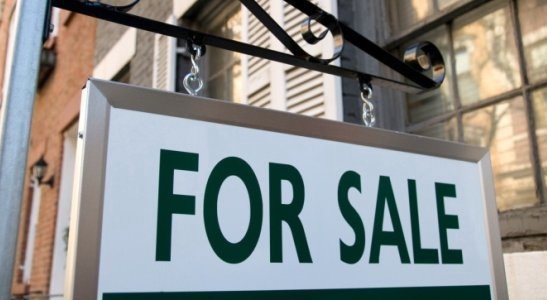Real Estate Realities
The legal fallout of the subprime market collapse has begun
The Valley’s residential real estate market continues to reel from the effects of the subprime market collapse. Home foreclosures are on the rise and banks are tightening lending standards. Arizona Business Magazine has assembled a roundtable featuring some of the top lawyers in the real estate field to discuss the current unrest in the housing market.
Taking part in the roundtable were:
Editor:
With the collapse of the subprime market, Congress has been talking about reform legislation. Is it needed or are there already laws in place to handle this situation?
Spector:
The (federal) legislation that I am most aware of is Senate Bill 2136 … That is aimed at trying to modify the bankruptcy code to make it permissible for debtors to modify their home mortgage loans, something they cannot do currently because of the protections afforded mortgage lenders. That particular legislation would permit … borrowers to reduce the amount of the loan value to the amount of the collateral in cases where the loan value is in excess of the collateral, and it would also allow them to modify the interest rate to a court-determined rate.
One of the things that I wonder about legislation like that is whether by the time — if it makes its way into law — whether we’ll still have this crisis in front of us or whether it will be a crisis in a different shape.
Garrison:
… (T)he subprime collapse and the issues that surround it have a much broader implication in a number of different markets from the lenders’ perspective too. And there has been talk about trying to regulate more closely lending practices and create some standards, particularly for the larger financial institutions … so that they don’t make those decisions themselves. But I tend to think that Brian is right. By the time that legislation winds its way through the process, it’s likely not to be needed in quite the way it’s perhaps perceived as being needed right now. So who knows what kind of backlash and other unanticipated problems could arise out of that.
… From my perspective, I think the market is going to deal with this problem. It’s not going to be pleasant, of course, because we are so far down this road there really is no way of stopping it. I’ve heard some statistics … that a large number of these subprime loans are having as high as 60 percent default rates right now. If you look at the amount of dollars that are at issue with any of these subprime portfolios, it’s just a staggering amount of money that was lost by these lending institutions. I think it’s important to keep in mind that this problem touches a whole bunch of constituents.
… You have developers and builders that have gotten caught up in the rampant speculation that came with the easy availability of credit in the soaring real estate market. We also have the trading markets themselves because a lot of commercial properties are in real estate investment trusts, which have been securitized and are being traded right now. But a lot of the subprime portfolios have been securitized and they are being traded. We have mutual funds and other retirement vehicles, as well as the broader securities markets, that are feeling a real significant effect from this.
Walker:
In the framing of the issue, it’s very important that we don’t just focus on subprime and how we define subprime. It’s not just the subprime that created this. There is also the secondary market. … Coming from Tucson, there is a big financial institution that is in Chapter 11 bankruptcy right now. It’s clear it didn’t have subprime paper, but it did have Alt A paper and A paper …
Spector:
It might be helpful for us to define or at least characterize what we mean when we say subprime loans. … I think it’s intended to refer to higher-risk residential loans. And particularly those that are characterized by higher loan-value ratios or higher interest rates or both; some of which come with adjustable rates.
… Going back to what Dan said, what we have here is we ran into a period where getting credit was much too easy to obtain and I think it was because mortgage lenders wanted to get into this boom. Everybody saw real estate values going up, a lot of people wanted to speculate in residential real estate and other kinds of real estate and so lenders asked, “How can we offer these very attractive packages that minimize the amount of scratch somebody actually has to put into real estate investment?”
… And they came up with all kinds of different variations. Some of which may not have been well disclosed to the borrowers. And that’s where you get into the point about the lending practices and were they appropriate…
But I think, prospectively, market forces are going to be at work and credit is going to tighten, just like it did the last time we were in this boom-bust scenario … I think part of the problem that Congress is currently dealing with is what do we do with the folks that are caught up in these. But what I’m seeing is a lot of folks that are affected by these subprime mortgages are folks that were doing this as investment properties.
… When you look at this, the reason for this is if you have a subprime loan that has a very high loan-to-value ratio, it doesn’t take a very deep drop in the real estate market for that property to go underwater, for the loan to exceed the value of the property. At which point, they don’t have a great incentive to want to try to keep that property. So, that’s obviously one of the big reasons for the high rate of default on these types of loans.







